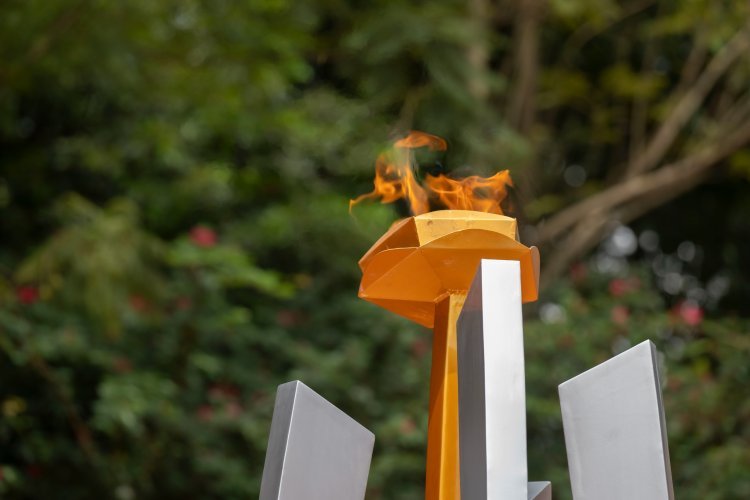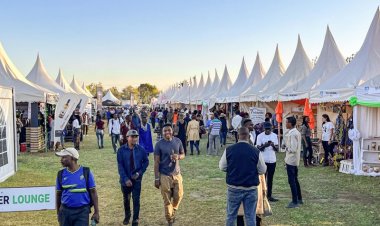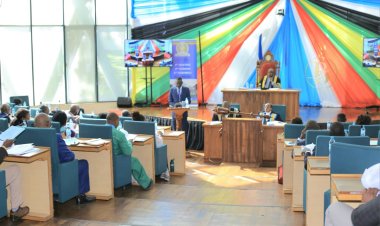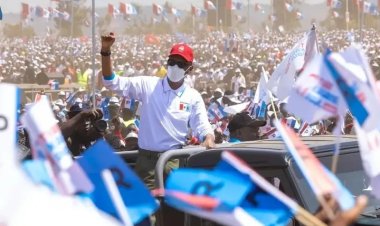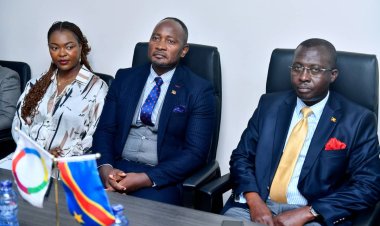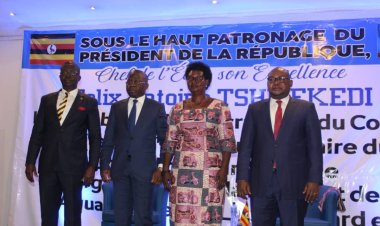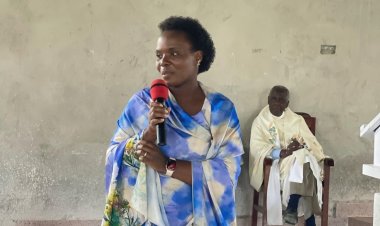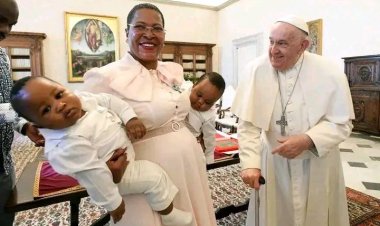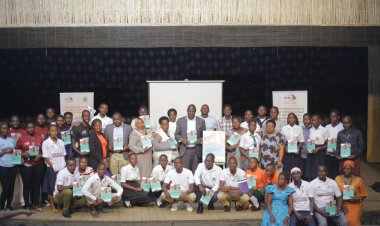Kwibuka 30: Our People Will Never Be Left for Dead Again - President Paul Kagame
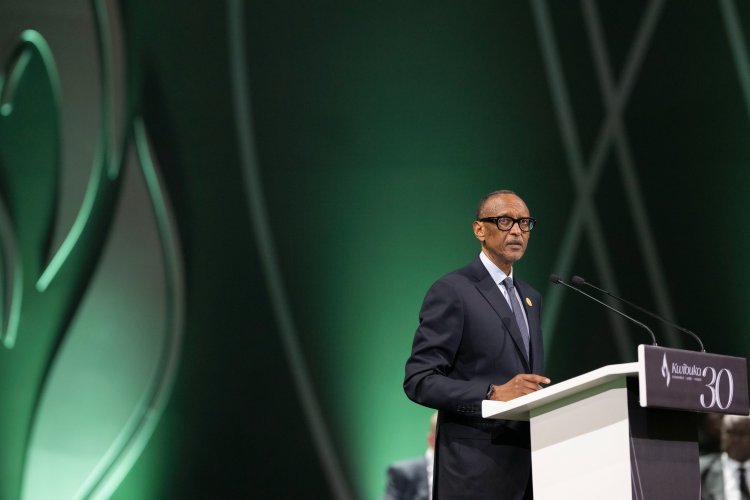
President Paul Kagame reaffirmed Rwanda's unwavering commitment to never again allowing its people to suffer the horrors of genocide.
Addressing a somber gathering in Kigali on the 30th anniversary of the Rwandan genocide, President Kagame delivered a powerful message of unity and resolve.
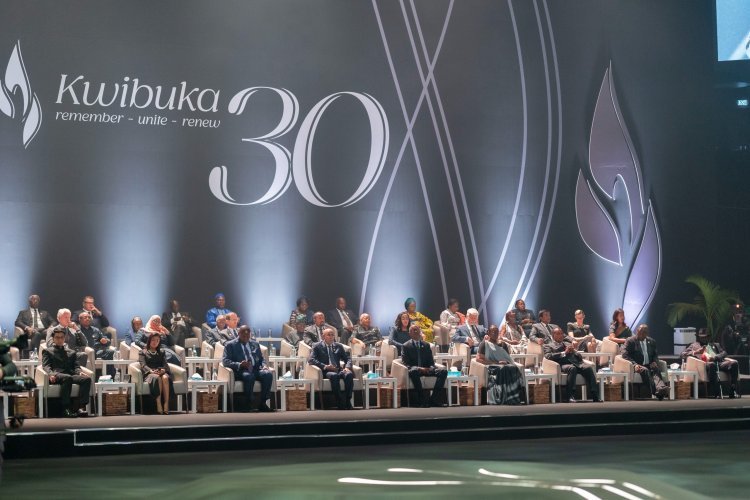
"Our people will never — and I mean never — be left for dead again," President Kagame declared echoing the sentiments of millions of Rwandans who refuse to forget the atrocities of the past.
His words resonated deeply with survivors and descendants alike, serving as a rallying cry for a nation that has endured unimaginable pain and loss.

In his address, President Kagame emphasized the importance of unity and collective action in preventing future atrocities.
He stressed the need for vigilance against divisive ideologies and underscored Rwanda's commitment to non-ethnic politics as a safeguard against the resurgence of violence.
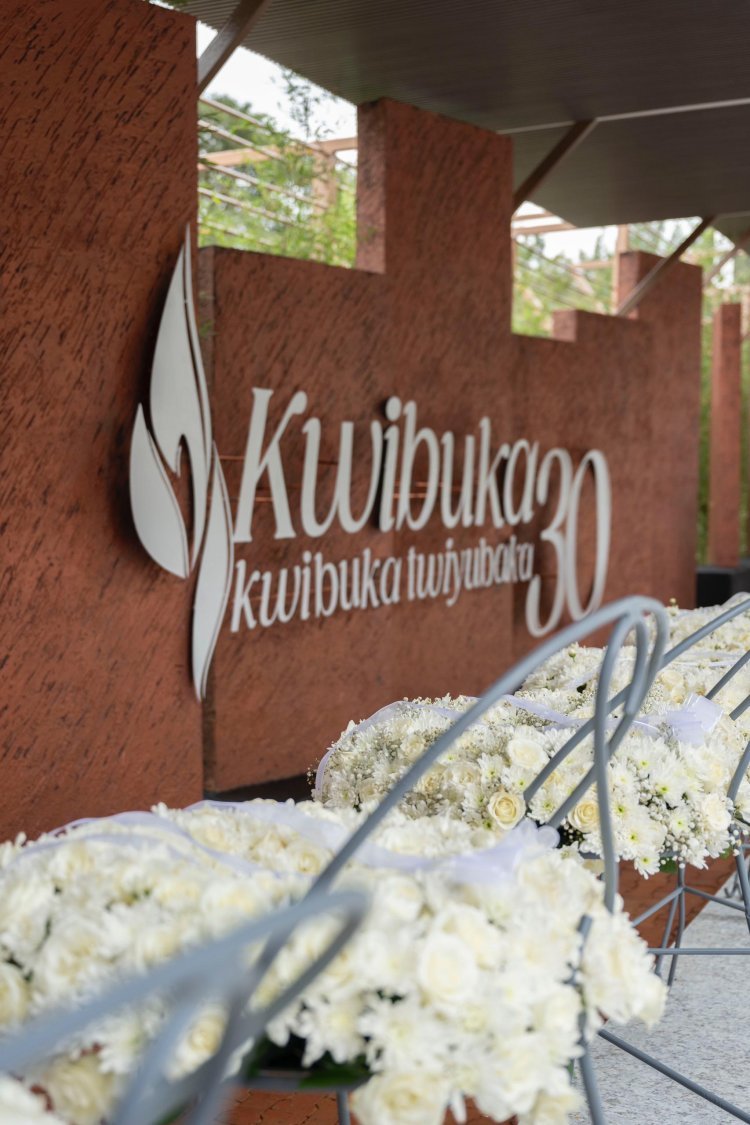
"We have learned the painful lessons of our past and we are determined to build a future where every Rwandan can live in peace and dignity."
On the future of the country, Kagame notes that,
"Nearly three-quarters of Rwandans today are under age 35. Our youth are the guardians of our future and the foundation of our unity, with a mindset that is totally different from the generation before."
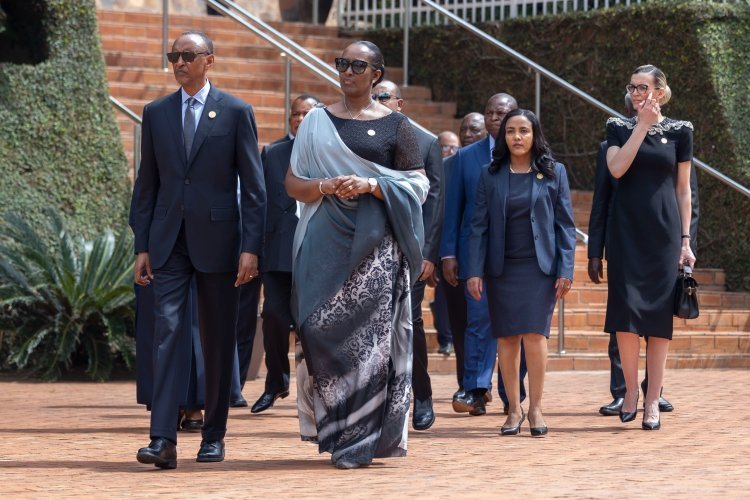
President Kagame also paid tribute to the international community for its support in Rwanda's reconstruction efforts. He expressed gratitude to countries and individuals who had stood in solidarity with Rwanda during its darkest hours.
"We are grateful for the friendship and assistance we have received from our allies around the world," President Kagame stated.
"Their support has been instrumental in our nation's recovery and progress."
Addressing contemporary challenges, President Kagame warned against the resurgence of ethnic politics and emphasized the importance of standing firm against divisive ideologies. He reaffirmed Rwanda's commitment to unity and non-ethnic politics as essential safeguards against future violence.
